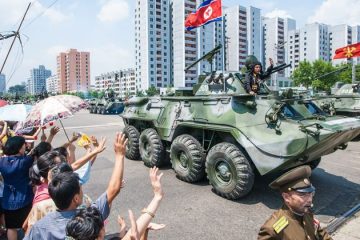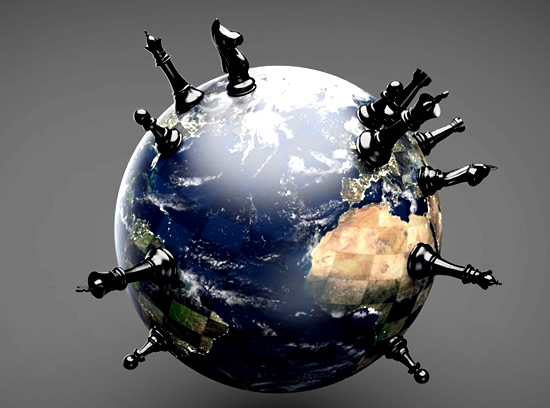A Pivot to Prevention? The UK’s New Approach to Conflict and the Integrated Review
Until now, the UK’s prevailing approach to global conflict and mass atrocities has been one of response and of firefighting. As a result, it too often resulted in missed opportunities to help mitigate harms. Whether in Rakhine in Myanmar in 2017, in Central African Republic in 2014, or Syria in 2011, the window of opportunity to help vulnerable populations closed before the UK had properly recognised the trajectory of violence. There is much to pick through, question, and challenge when reading the new vision for the UK’s international policy as set out in the outcomes document of the year-long Integrated Review of Defence, Development and Diplomacy published by Her Majesty’s Government on Tuesday. But—and particularly with regards to conflict, stability …

Is North Korea Really that Crazy?
Over the last months, the escalating tensions between the United States and North Korea over the latter’s nuclear programme have dominated news headlines. US President Donald Trump has called North Korean leader Kim Jong-Un “rocket man” in front of the United Nations, labelled him crazy and insane, and stated he was willing to halt Kim’s pursuit of nuclear weapons by all means, while North Korea labelled Trump a “dotard.” Not everyone might like Trump’s colourful rhetoric, but his remarks strike a chord with many. The Democratic People’s Republic of Korea (DPRK), or North Korea, threatens to turn Seoul into “a sea of fire” and to destroy the United States. Repeated rockets launched towards Japan seem like a preamble to a …

The ‘Ocean Model of Civilization’, Sustainable History Theory, and Global Cultural Understanding
Many interpretations of international conflict share common assumptions regarding the default oppositional nature of states or cultures. According to Realism, the predominant theory of International Relations, conflict arises inevitably, and is a natural outcome of a highly competitive international environment. It is also a reflection, and extension, of the competitive, selfish and power driven nature of man. In a larger sense, “man” can refer both to individuals and to larger communities (or tribes, in ancient times) that one belongs to and toward which one feels protective – by virtue of sharing an in-group identity. For some thinkers, including some Realists, the origin of this perpetual conflictual mode can be traced to irreconcilable cultural differences. Samuel Huntington’s well-known “clash of civilizations” …









